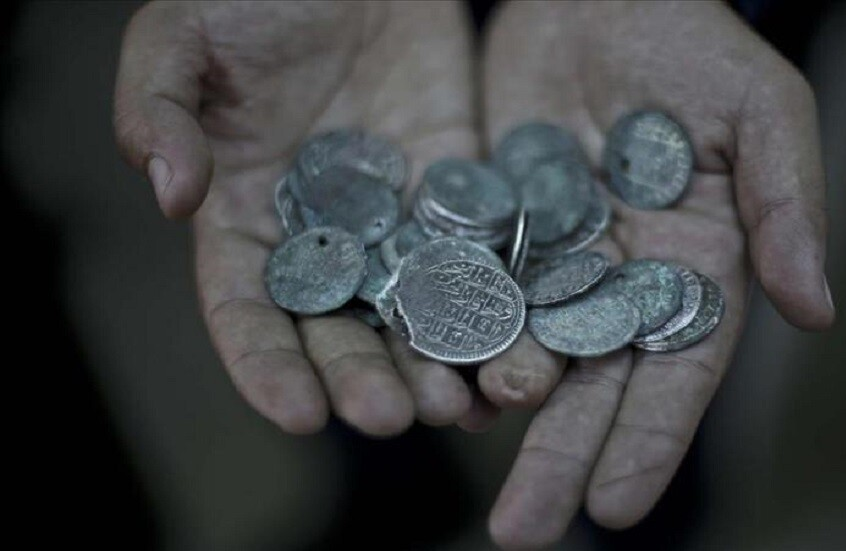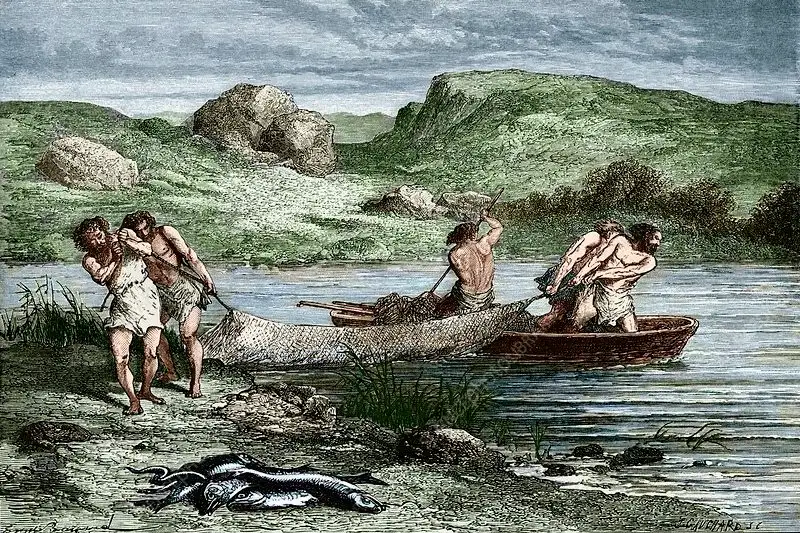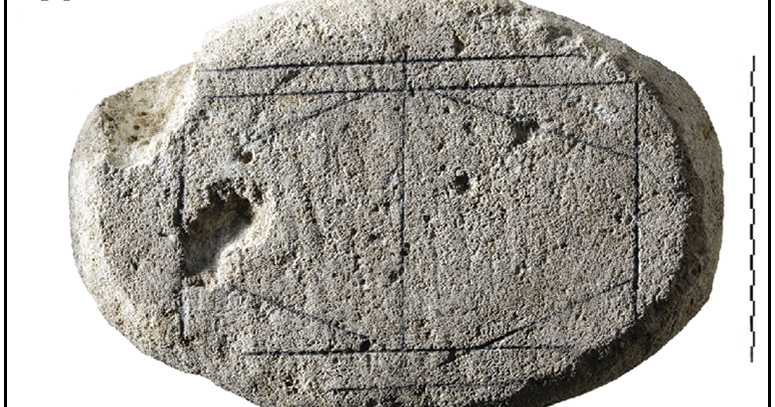In 1899, a group of French artists were asked to imagine what life would be like in the year 2000 for the Paris World Exhibition. They talked to scientists, businessmen, and thinkers of the day to compile a list of innovations that could possibly be in use by the year 2000.
The resulting images were used as cigar box inserts and forgotten for 70 years until Isaac Asimov acquired a set of them and published them in a 1986 book entitled "Future Days: A 19th Century Vision of the Year 2000." The images show how far humanity has come, with some predictions being almost laughable, some surprisingly accurate, and some ahead of their time.
Some of the predictions made by the French artists include underwater sea travel powered by whales, a machine that feeds knowledge into people's brains electronically, and personal flight devices. They also predicted advancements in technology such as labor-saving gadgets, modcons, and efficient machinery for farming.
The artists also predicted that war would be fought in the air and envisioned law enforcement with high-speed chases on powered bikes. While some predictions were not accurate, such as spending a lot of time underwater, others were scarily accurate, such as Elon Musk's Neuralink brain interface. The images show how people of the past imagined the future and how far we have come in realizing some of those predictions.







